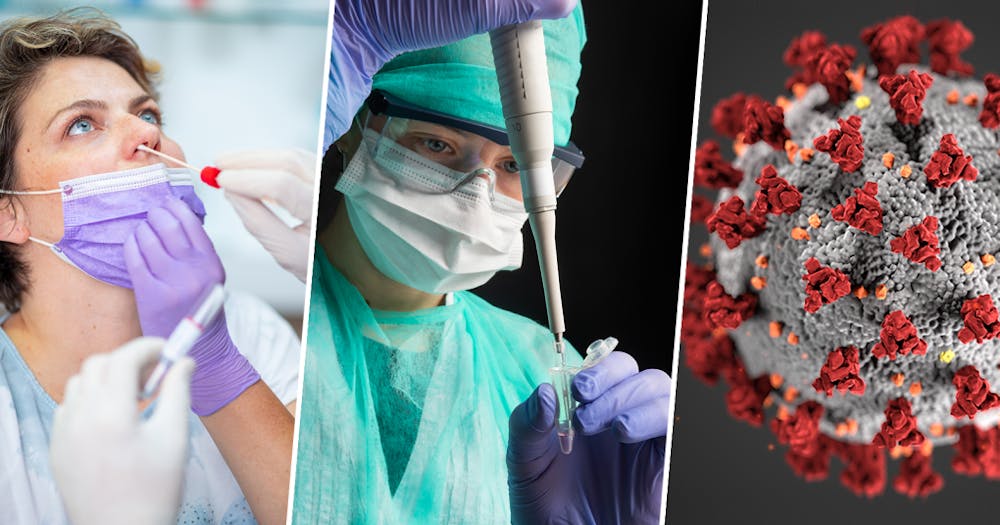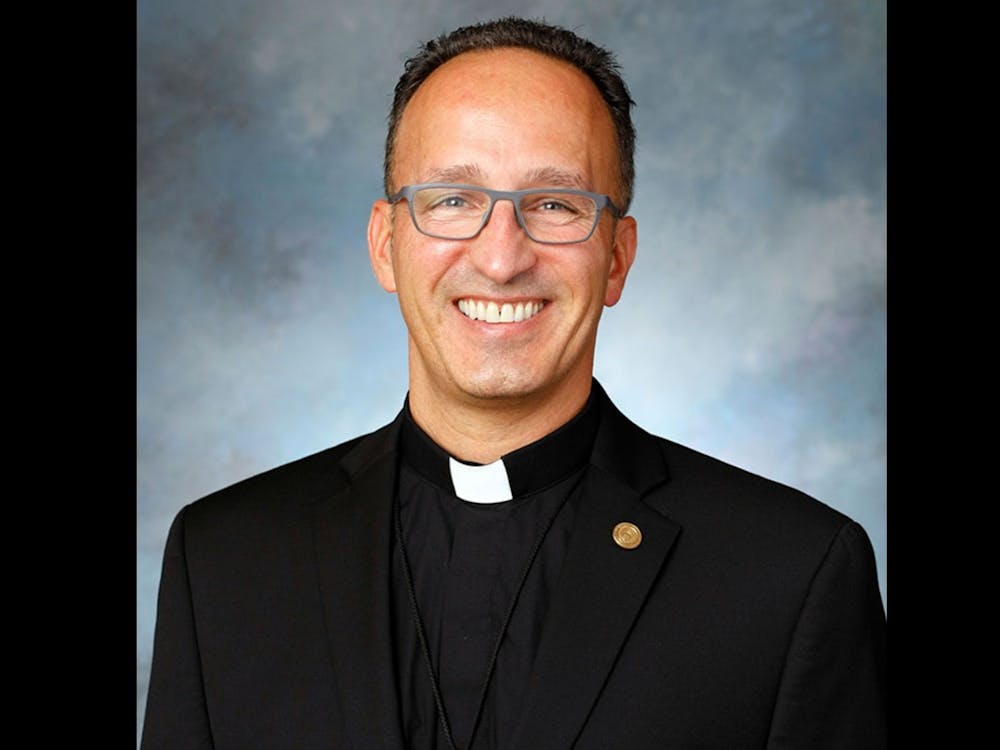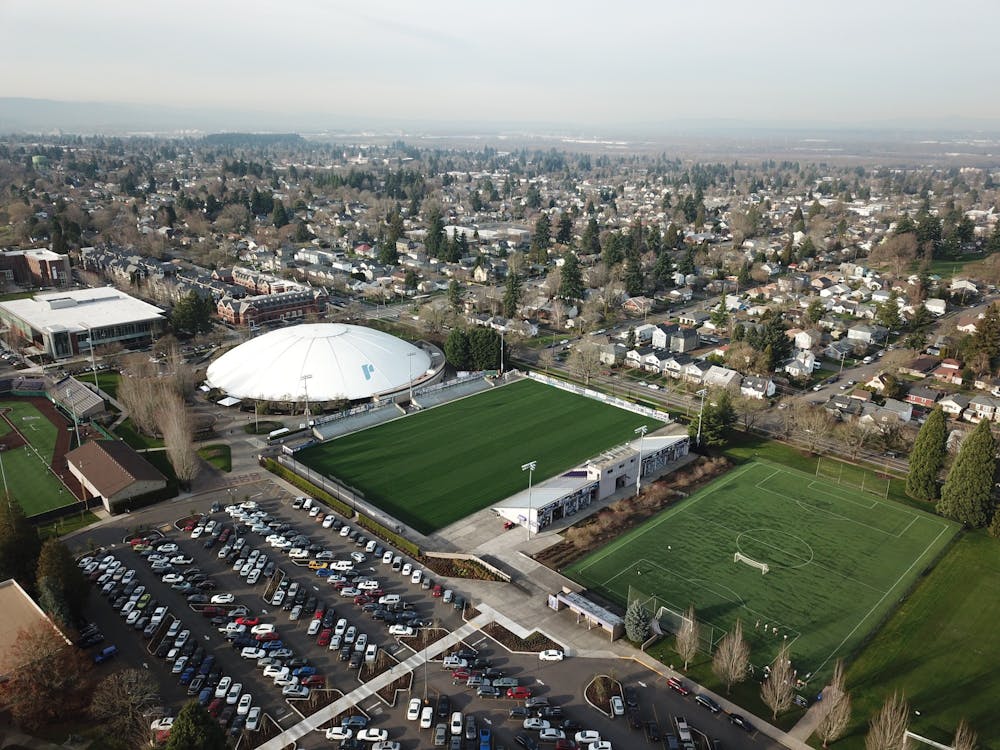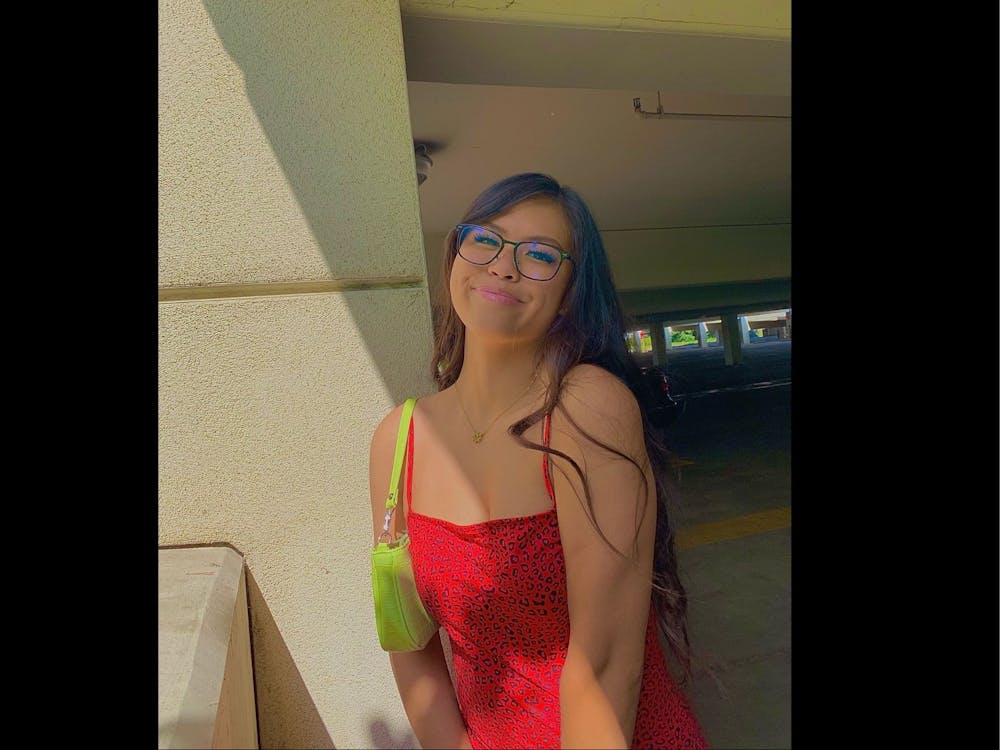In a meeting hosted by the Associated Students of the University of Portland (ASUP) on Dec. 2, UP administrators and health care staff met with students in a COVID-19 town hall to discuss plans for next semester. Students’ questions were directed to a student moderator, and were separated into five different sections. These categories were health and COVID-19, residence life, academics, campus operations and financial updates.
COVID-19 Protocols for Next Semester
UP has done a majority of their own COVID-19 testing for students living on campus this semester through the Health and Counseling Center, but UP has contracted with Carbon Health for baseline and surveillance testing in the spring.
The baseline testing will be done when students first move into their dorms, and then again a week later, Nurse Practitioner Kaylin Soldat said during the town hall. According to Soldat, Carbon Health is using the rapid molecular COVID-19 test, which provides results in 15 minutes.
UP will follow the baseline testing with surveillance testing, where they will ask a random sample of the UP community to be tested for COVID-19. This is designed to help control possible asymptomatic spread of the virus.
This will apply to students, faculty and staff who are going to be on campus in any capacity. Those who are being asked to participate in surveillance testing will be notified through a mobile app and given a time block to schedule their testing appointment. Anyone on campus will also be asked to monitor their symptoms and report them daily.
Non-residential students will be asked not to come to campus for the first week of the semester. Once students living off campus visit, they are asked to join the surveillance testing pool.
Carbon Health’s testing will be in addition to the HCC’s testing. The HCC will be used for anyone who has symptoms or has been exposed to someone with COVID-19. Carbon Health’s testing center will be located on campus.
The University will be responsible for contact tracing with guidance from Multnomah County and the Oregon Health Authority. Soldat will be training the contact tracers, and contact tracing will be done for students both on and off campus.
UP’s plan to bring students back to campus relies heavily on this testing regimen.
Residence Life
The first week of Spring Semester, students on campus will be in a modified quarantine to avoid an early outbreak of COVID-19. Food and other essential services will be open, but in-person classes won’t start until a week after the quarantine period, according to Director of Residence Life Andrew Weingarten. Other services like the Beauchamp Recreation and Wellness Center will also be closed during that week. There will, however, be structured activities for those living in the dorms to help occupy this time.
The Clark Library will be available for pick up only during the first week. After that week, the library will be open as a study space with limited hours, according to Associate Provost Elise Moentmann. Students going to study at the library and living off campus will be asked to participate in surveillance testing.
Once on campus, students will be expected to follow social distancing and mask wearing guidelines, and are expected to be wearing a mask at all times when away from their rooms. The University is relying on an educational approach to enforcing these guidelines, and will deal with students refusing to cooperate on a case by case basis, according to Weingarten. Students are expected to continue encouraging one another to wear their masks and follow protocols.
Limitations on students’ movement between dorms will be enforced, and hall access will be limited to residents of that particular hall, Weingarten said.
Students will be put through the student conduct process for serious COVID-19 guideline offenses, such as throwing house or dorm parties without social distancing or masks.
Academics and Graduation
Moentmann confirmed at the town hall that they will stick with their plan for some students to have at least one in-person class. These classes are limited to 20 students and only available to those living on campus.
Upperclassmen will not be able to take in-person courses, with the exception of some labs and capstone classes.
For those on track to graduate next semester, it is unclear whether the ceremony will be virtual or in-person. Plans for graduation will most likely not be announced until late January or February, Moentmann said.
“We want to be able to make a decision based on as close to what we think May will look like,” Moentmann said. “And again, even then, if we make a decision in February, things could change.”
Campus Operations and the Financial Picture
All the residence halls will be opening next semester, and for older buildings with poorer air flow, the University may consider installing HEPA air filters where necessary, according to Vice President for University Operations Jim Ravelli.
Most of the updates on the financial health of the University were given in an email from Interim Vice President for Financial Affairs Eric Barger on Nov. 17, announcing that they will be lifting around 40% of the furloughs from this fall. During the town hall, Ravelli stated that 100% of the Physical Plant staff would be returning to work next semester.
Student employees will be able to work remotely next semester, but the student employment budget will maintain its 50% cut in work hours available.
Barger emphasized that the health and safety of students, faculty and staff will remain the number one priority despite their financial situation. UP does not envision a scene like the mass move-out students experienced during Spring Semester 2020, and the opinion is that it would be safer for students to stay on campus then to return home.
It is possible that there may be a CDC or state order requiring UP to send students home, and in this case students would receive a refund for their remaining room and board charges, Barger said.
Barger stressed that UP is not in danger of insolvency.
More details on Spring Semester 2021 will be released in the coming weeks leading up to the partial reopening of UP’s campus.
Austin De Dios is the News and Managing Editor of The Beacon. He can be reached at dedios22@up.edu.








